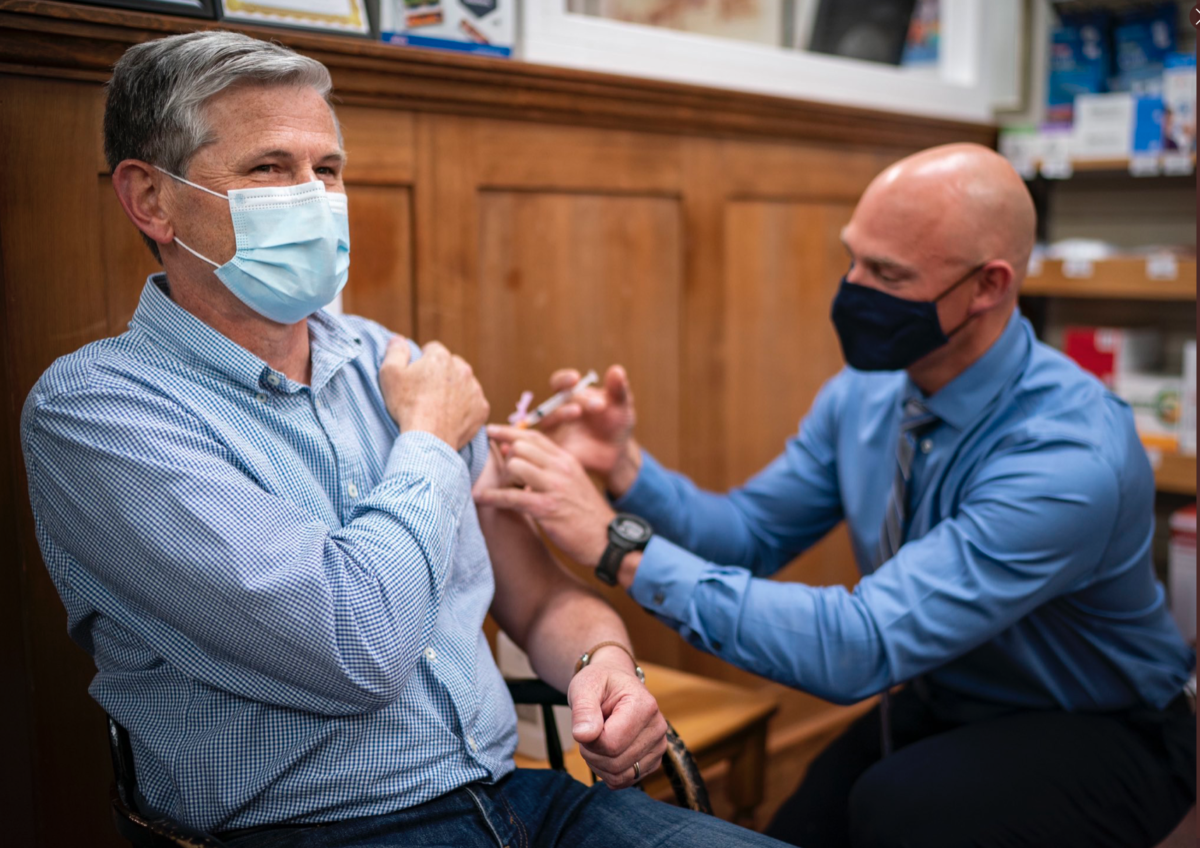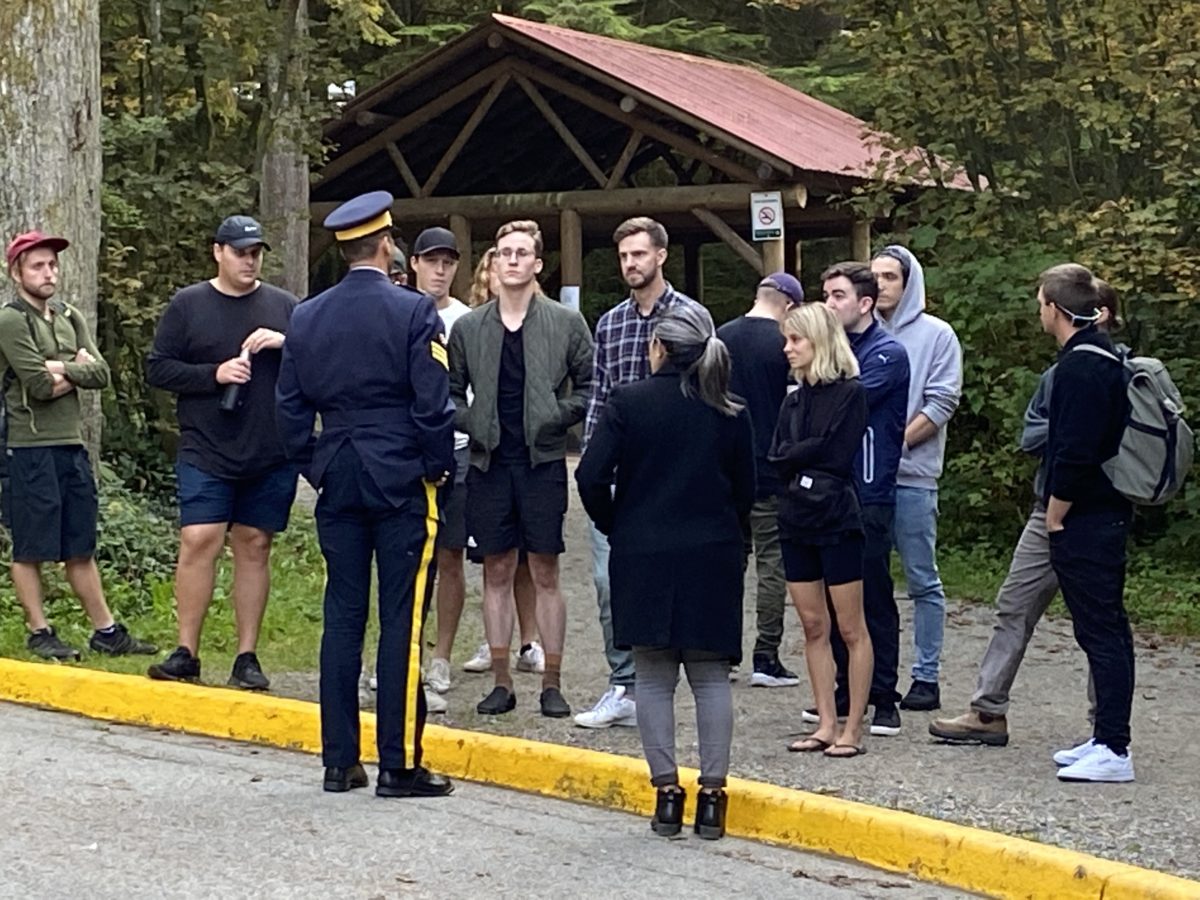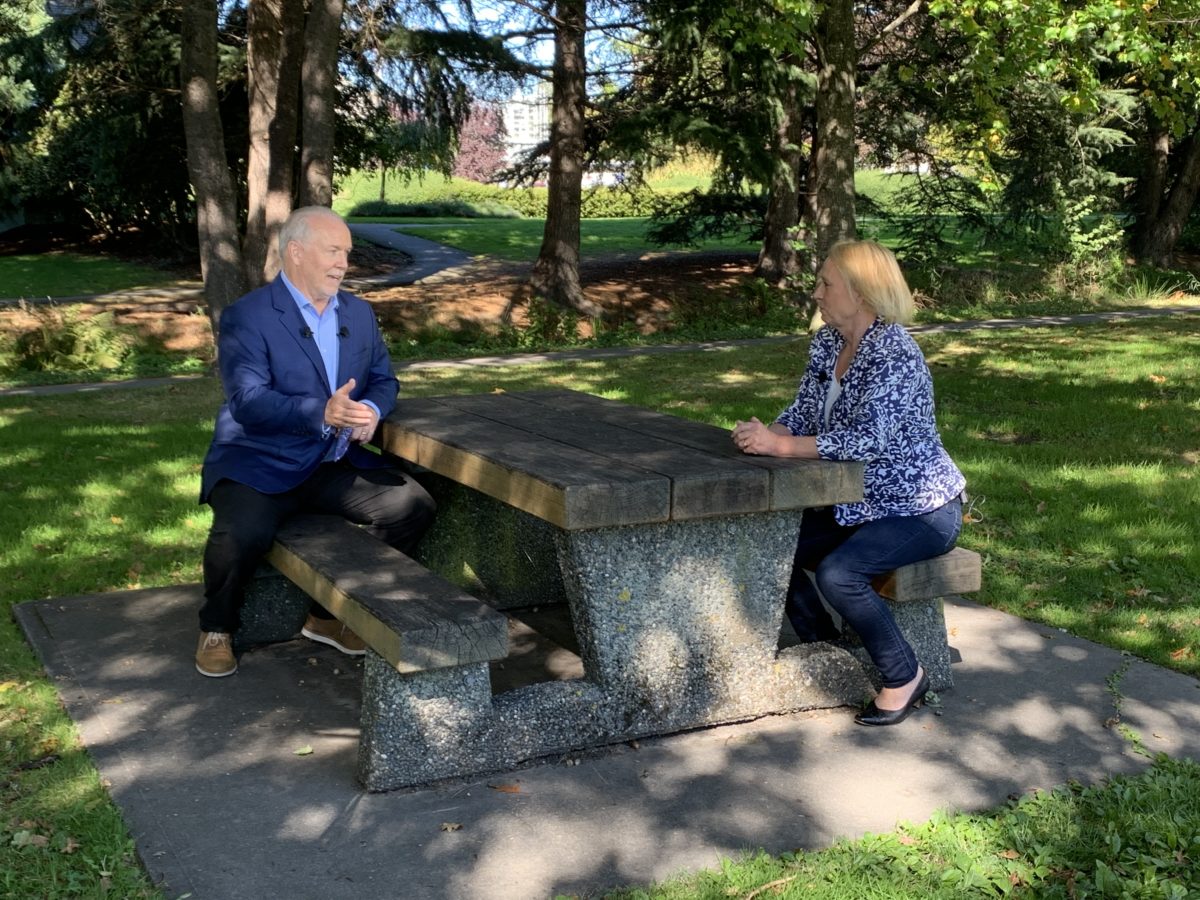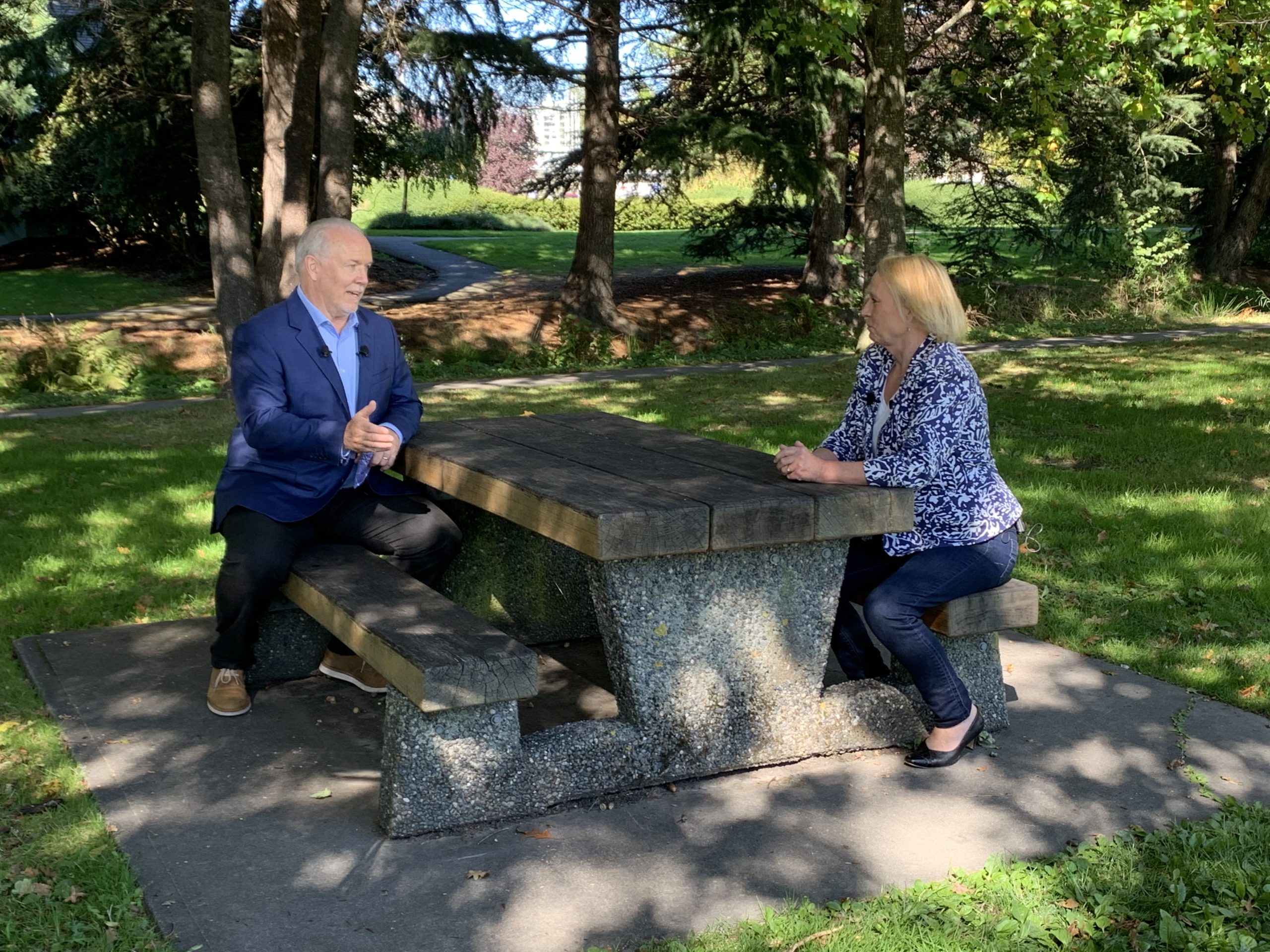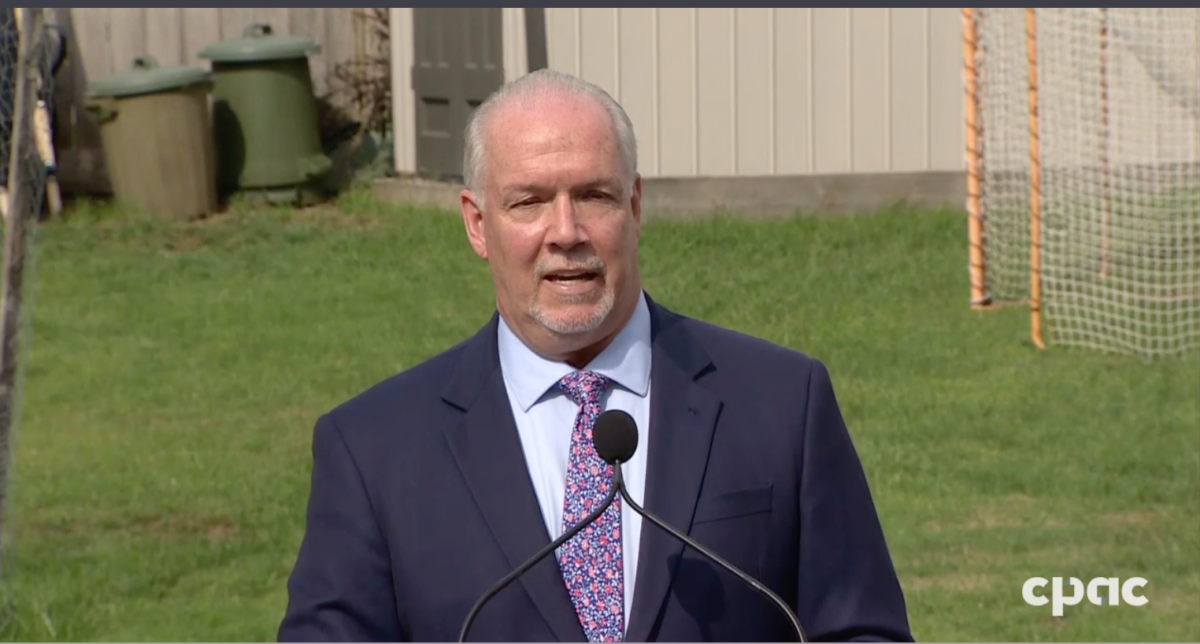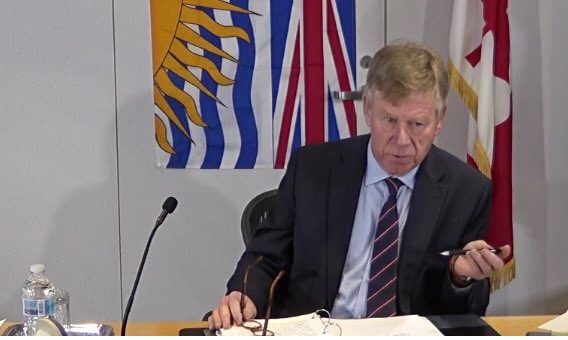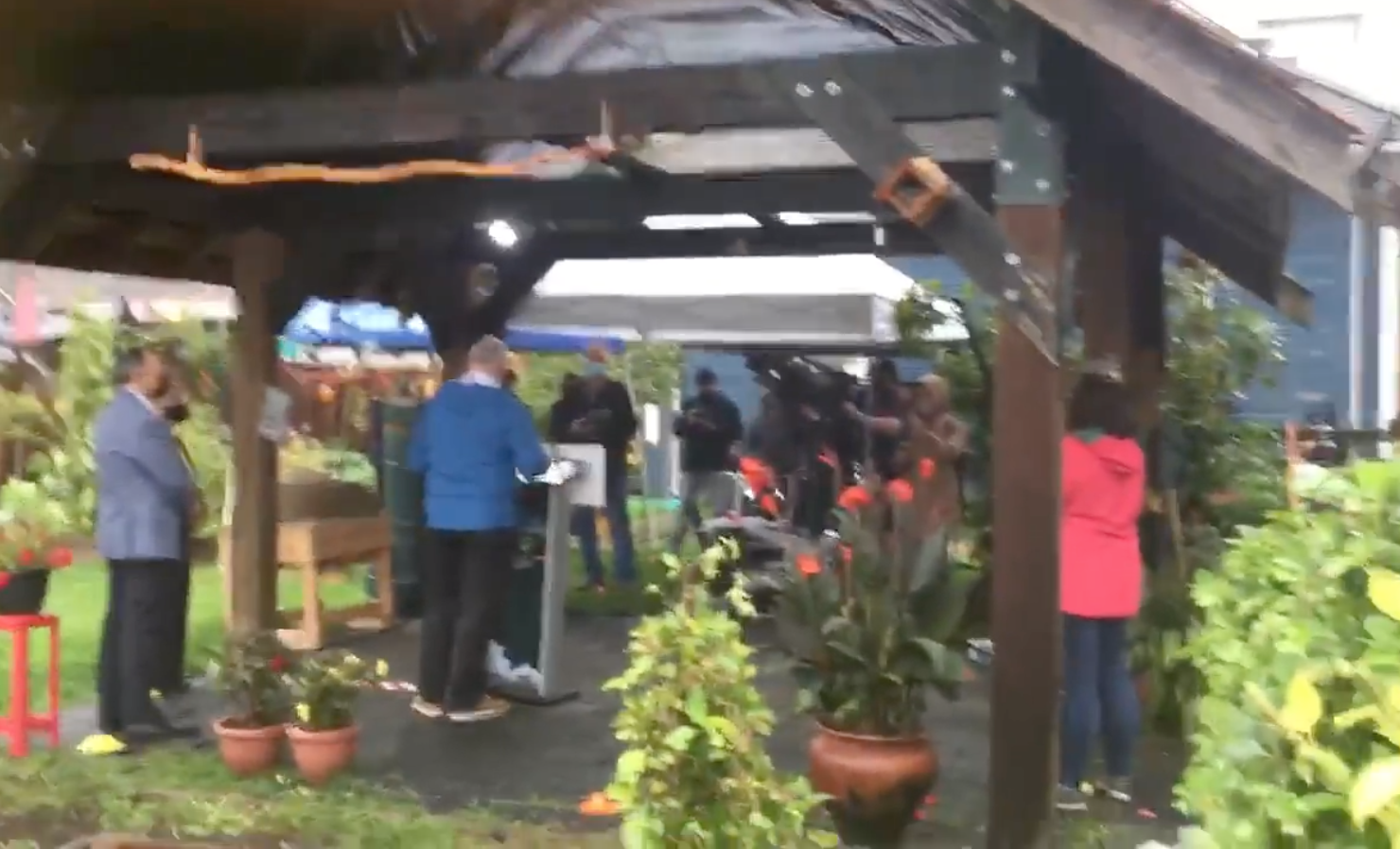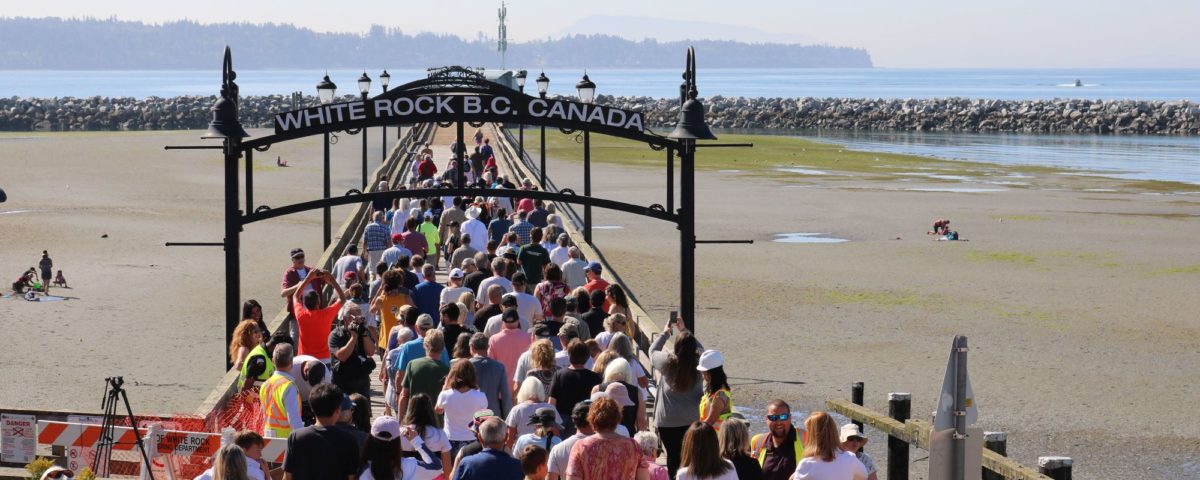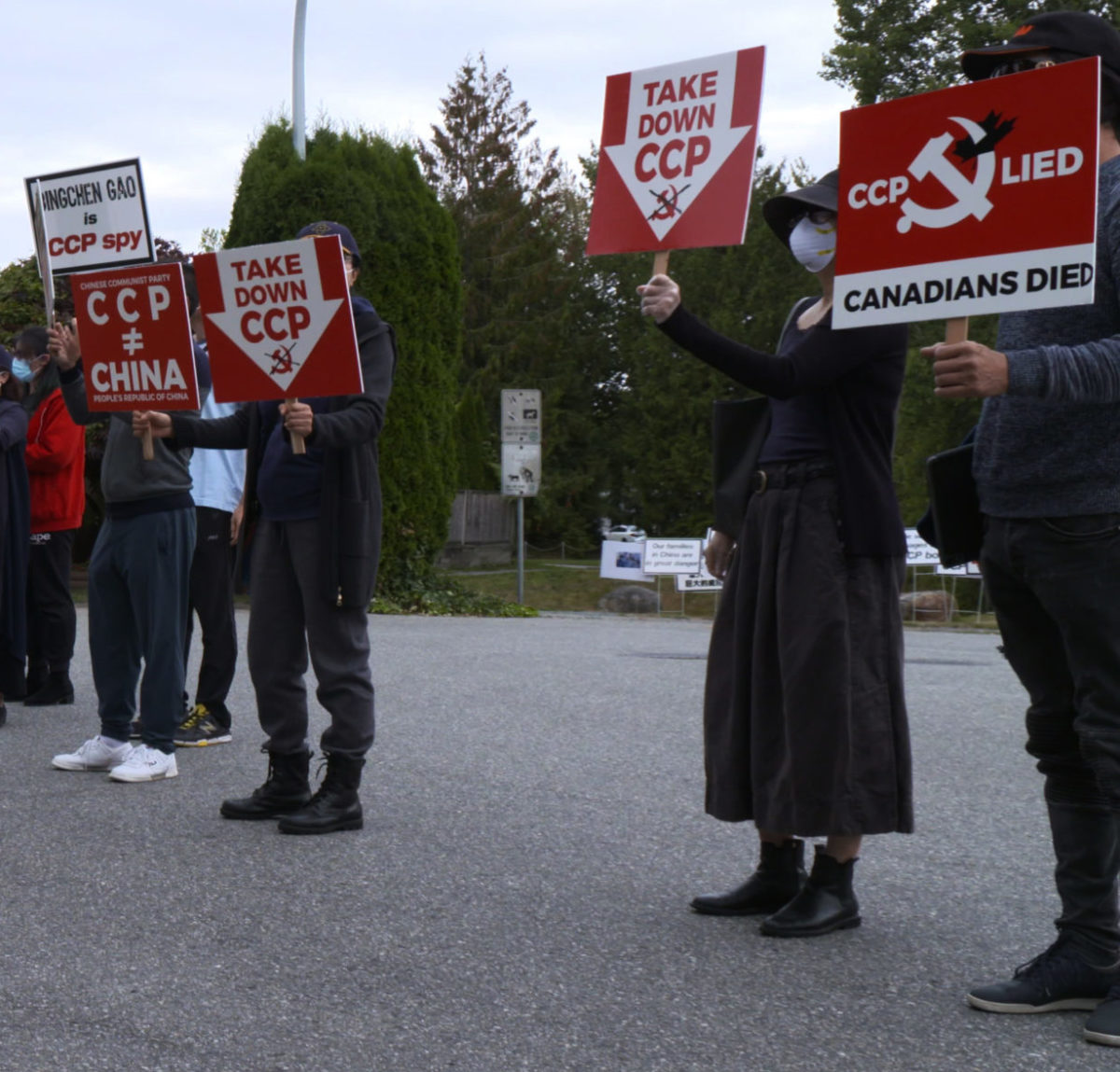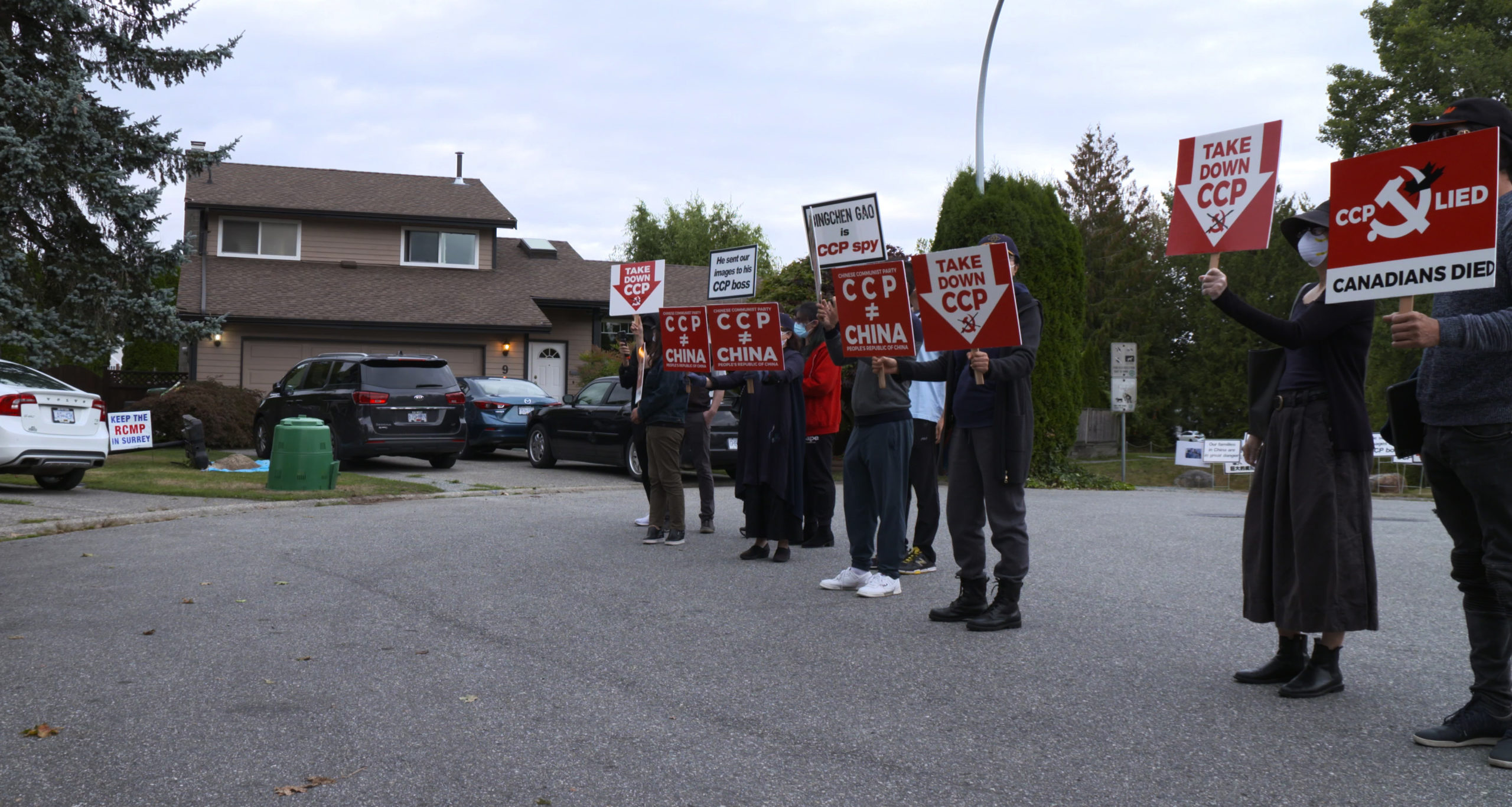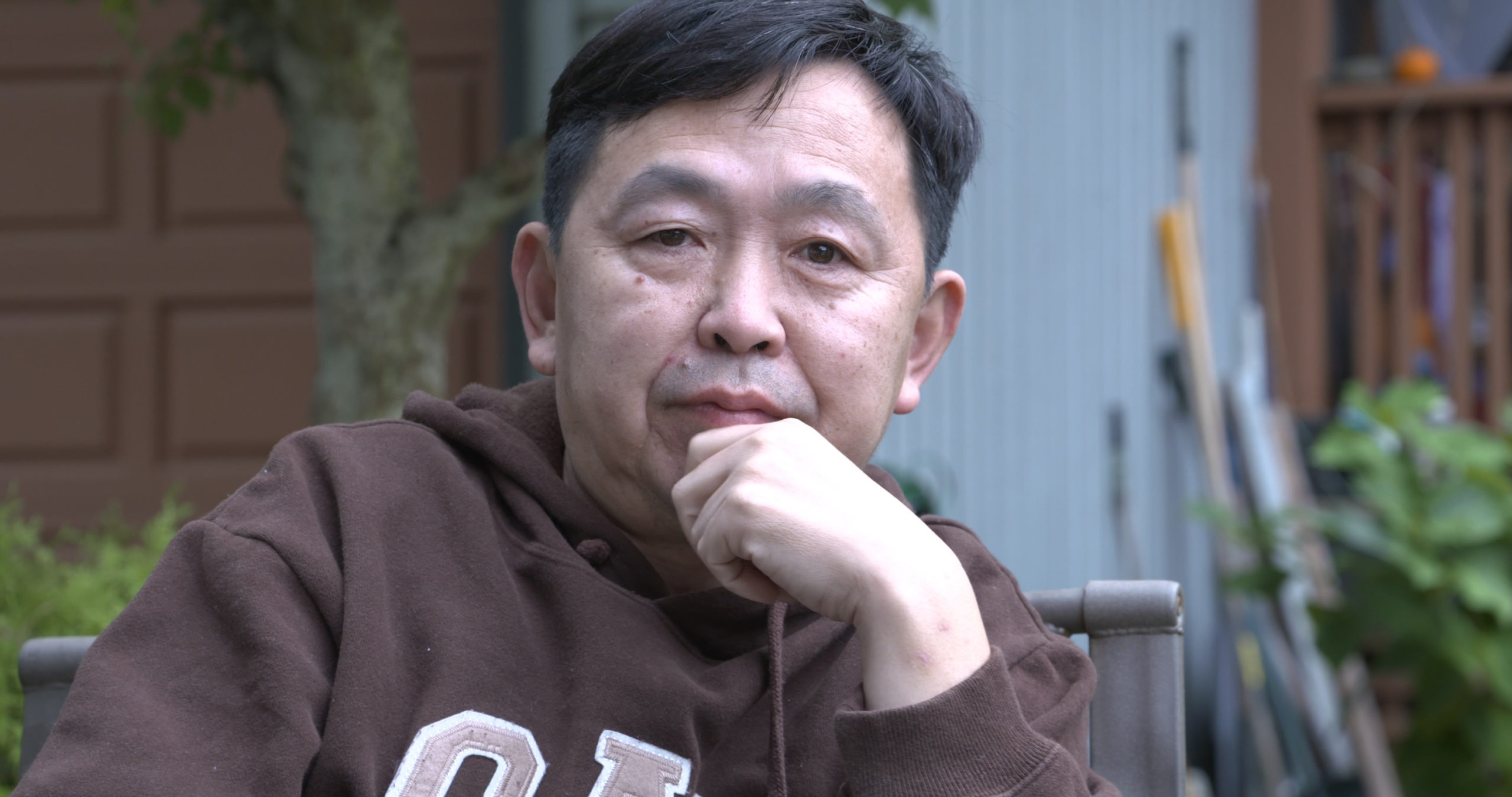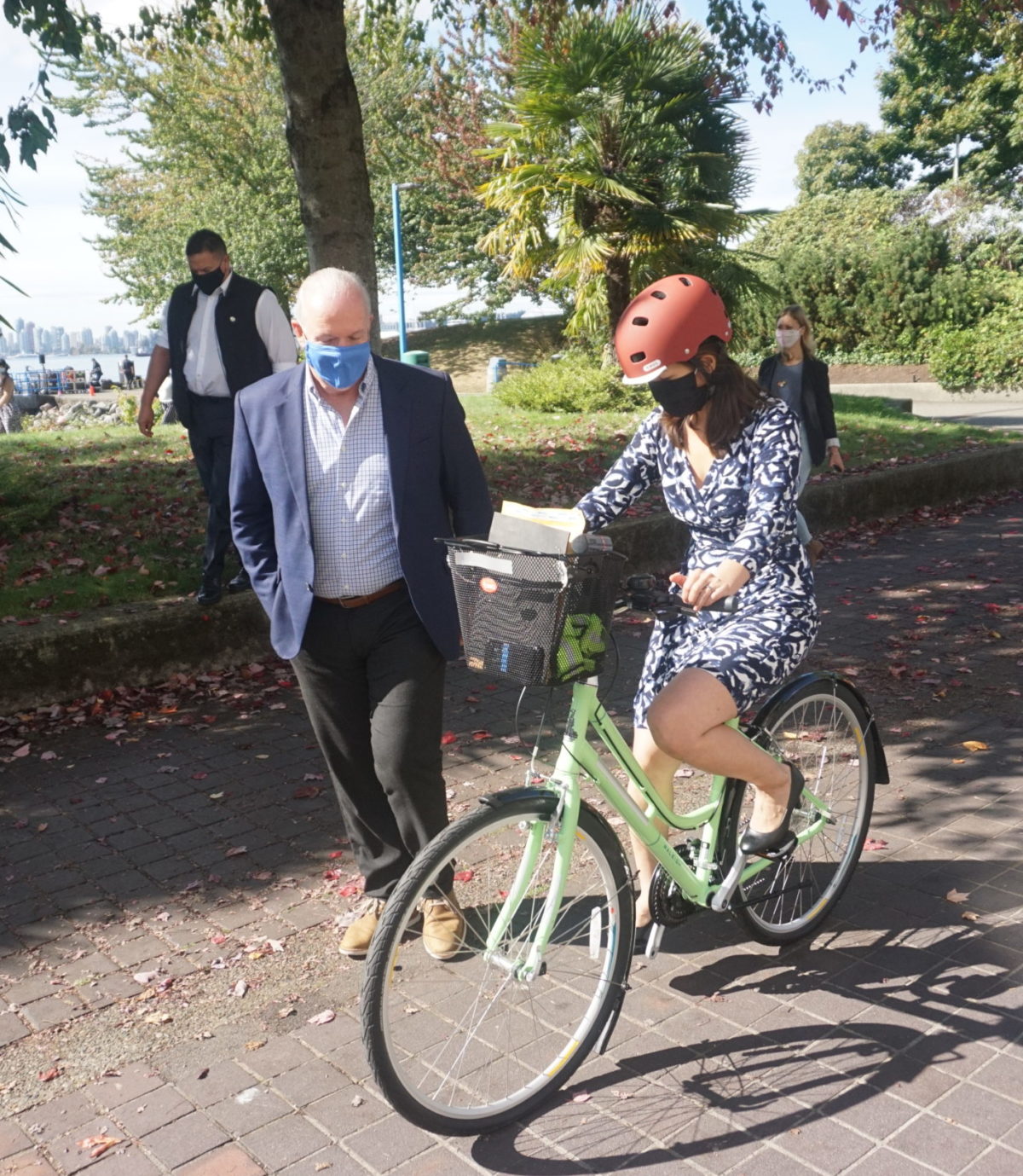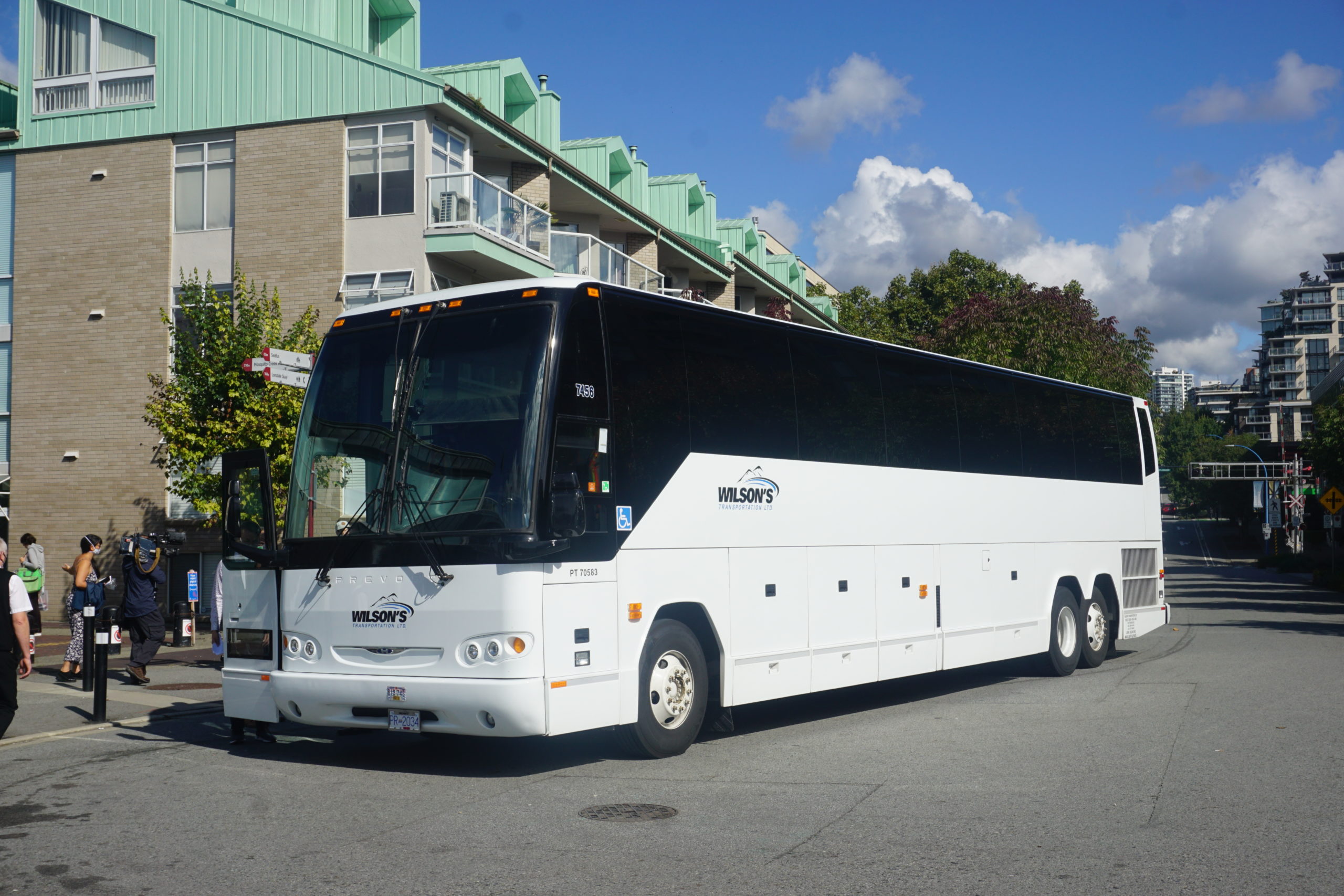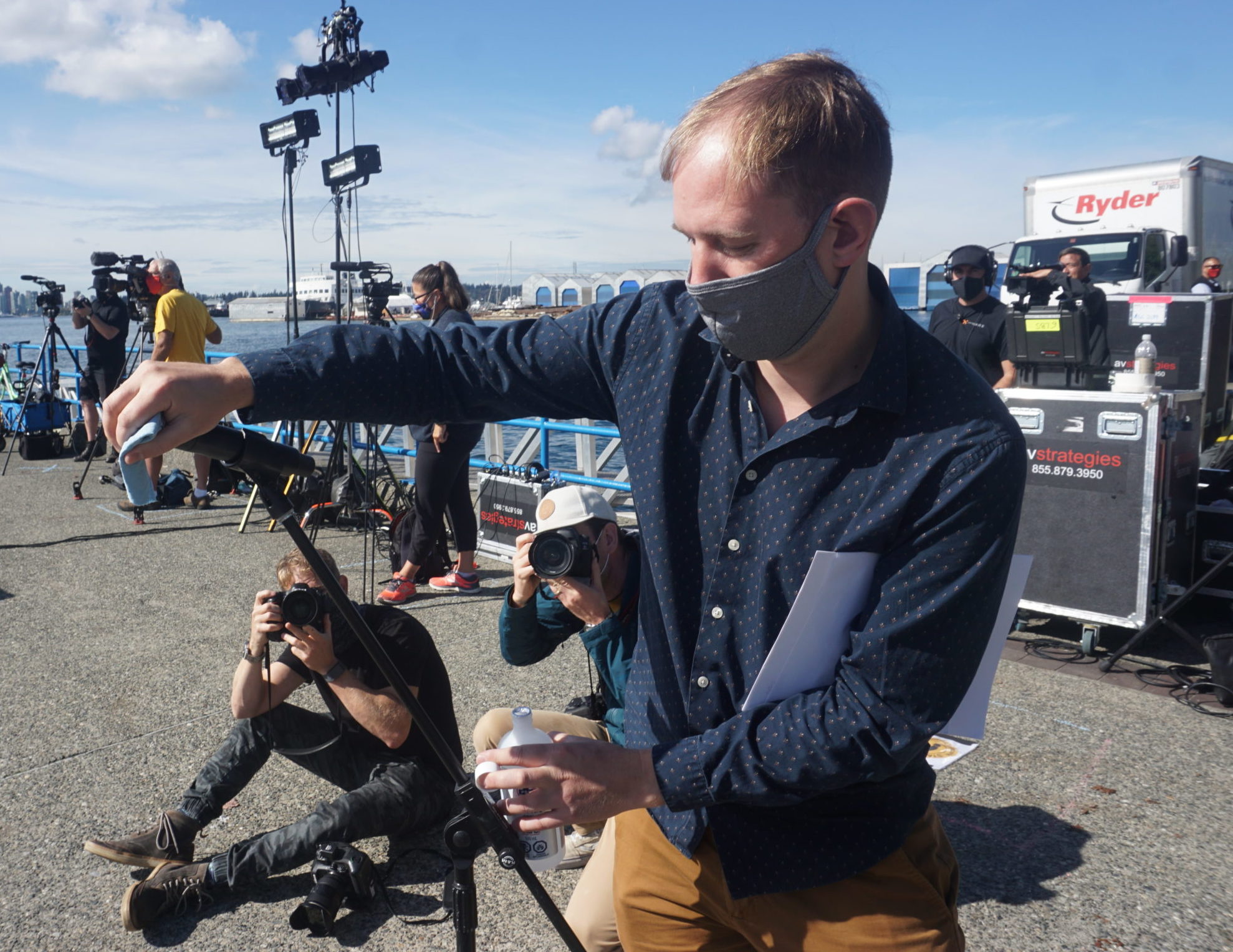Bob Mackin
The first corrupt voting scandal (allegedly) of the 2020 campaign is on.
The NDP wants Elections BC to investigate a BC Liberal candidate for a ballot registration harvesting scheme.
NDP lawyer Rachel Roy of Allevato Quail and Roy complained Sept. 29 to Elections BC about Surrey-Fleetwood hopeful Garry Thind’s campaign using WhatsApp to request bulk mail-in voting packages and gather votes.

(WhatsApp)
“This [WhatsApp] group of nearly 100 people are purportedly applying for as many mail-in packages as they can by collecting, using and disclosing the personal information required to request these packages, including government-issued ID numbers,” Roy wrote in her complaint letter.
Voter fraud carries fines up to $20,000, up to two years in jail or both. The Election Act prohibits an individual from requesting a ballot for someone else.
“We want to know from Andrew Wilkinson whether he thinks this is acceptable behaviour and whether he is going to stand by his candidates,” incumbent North Delta NDP candidate Ravi Kahlon said on Sept. 30.
Thind did not respond to theBreaker.news, but BC Liberal leader Andrew Wilkinson told reporters in Port Moody that he had just heard about the allegations a half-hour before his daily appearance.
“Of course as this mail-in ballot phenomenon gets the attention of the public and voters, there is going to be some confusion,” Wilkinson said. “But we have to be clear, it’s the obligation of candidates to follow the law, we expect that of them. As this unfolds we’ll see if Elections BC has a position that we of course will respect.”
The allegations are the first of the campaign, which will rely heavily upon mail-in voting. There were fewer than 7,000 votes cast by post in 2017. So far, 454,000 British Columbians have requested mail-in ballots. Elections BC does not have a riding-by-riding breakdown available.
The sheer volume opens the door to ballot harvesting, which is not illegal in B.C.

Ravi Kahlon (Twitter)
“The Election Act does not prevent someone from returning a voter’s vote-by-mail package on their behalf. We expect some voters will need help from friends or family to return their vote-by-mail package during the pandemic,” said Elections BC spokesman Andrew Watson. “While there is no evidence of fraudulent voting by mail in provincial elections, we recommend voters return their own package by mail or in-person to minimize the risk of a ballot being tampered with during transit. Mail tampering is a federal criminal offence, and Canada Post has robust procedures and checks to prevent it.”
Third-party ballot collecting is illegal in Texas. A North Carolina Republican operative was charged for his role in 2016 and 2018 ballot harvesting. Minnesota law caps the number of absentee ballots that can be collected by a third-party at three. Minneapolis Police are investigating after Republican-aligned Project Veritas published undercover video of a ballot harvester involved in the Democratic campaign of congresswoman Ilhan Omar.
Kahlon did not fully explain why he, instead of Surrey-Fleetwood incumbent Jagrup Brar, was the NDP spokesman on the issue.
“I am passionate about this issue, especially our democracy and our elections. it is a cornerstone of our society, people have fought and died,” Kahlon said.
Filling out the dance card
A riding office aide to the retiring Shane Simpson was chosen behind closed doors Sept. 26 by NDP provincial council to run in West Vancouver-Capilano.

Amelia Hill (Twitter)
An urgent request for signatures to formally register Hill with Elections BC went out from North Vancouver-Seymour riding president Michael Charrois on Sept. 30.
Hill worked most recently in Simpson’s Vancouver-Hastings office. Her resume includes stints with Vision Vancouver and Hollyhock, the new age retreat on Cortes Island that has hosted many political training events.
BC Liberal Ralph Sultan is retiring after more than 19 years in office. Former Christy Clark supporter Karin Kirkpatrick is the BC Liberal candidate on Oct. 24.
A name that had been tossed around in NDP circles was Ian Tostenson, the voice of the B.C. Restaurants and Foodservices Association. He is staying put with the industry lobby group.
“I would love to do something, but I just feel that it’s so convoluted and hard to get anything done,” Tostenson told theBreaker.news “I thought about this election to be honest, and I just believe I can get more done and help an industry way better by being on the outside, and working with government.”
Tostenson was pleased to hear about the BC Liberals’ marquee promise to mothball the Provincial Sales Tax for a year. Restaurants and bars would save the 10% PST on buying liquor and customers would save 10% on their booze tabs, for instance. Losing the tax for a year would leave a $6.88 billion hole in the province’s budget, however.
“As far as the deficit is concerned, it is a big number, but I think it has a potential to stimulate our industry form a consumer spending point of view, because we are against the ropes,” Tostenson said.
Mayors with hands out
The new B.C. Urban Mayors’ Caucus, representing 13 of the biggest cities, held a Zoom conference on Sept. 30 to call on the parties address mental health and substance use, and spend more on housing and transit, in their platforms. The group includes mayors of Abbotsford, Burnaby, Coquitlam, Kamloops, Kelowna, Nanaimo, New Westminster, Prince George, Richmond, Saanich, Vancouver and Victoria.
Support theBreaker.news for as low as $2 a month on Patreon. Find out how. Click here.
Bob Mackin
The first corrupt voting scandal







